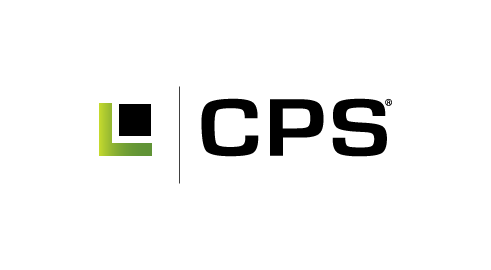A strong sense of security and peace of mind is one of the key reasons a resident chooses a senior living community. To adequately prepare for emergencies, senior living communities need to imagine the unthinkable – how to survive under dire, life-threatening conditions. A single earthquake, wildfire, tornado, blizzard or flood can have devastating consequences for a community, its residents, and staff.
Early preparation and proper planning are essential to meeting the needs during these unforeseen, yet inevitable events. Depending upon the region, emergency preparedness requires having a plan in place both for unpredictable disasters (such as an unexpected storm, fire, or earthquake) and events with more advanced warning, such as a hurricane. Additionally, any region can be affected by a power outage, chemical spill, bomb thread, or workplace violence. Each type of disaster brings with it unique circumstances, which means a senior living community needs to be flexible and adaptive. While there is no single emergency plan that can be applied to all emergencies, it is important to have a strategy and contingencies in place for potential disasters.
Emergency plans for hurricane-affected areas demonstrate not only how a single event requires compound, interconnected plans for residents and staff but also the risks inherent in not preparing adequately. However, most of these best practices can be applied to other types of emergencies as well, such as blizzards, fires, or chemical spills, which may also require evacuation plans.
Most of the preparation for emergencies needs to take place prior to the event. In other words, a community should be in a constant state of preparation and readiness. However, senior living communities need to understand that managing an emergency situation requires not just upfront investment in planning, but also flexibility and follow-through during and after the event. All communities need to prepare for the possibility that state-approved emergency plans may fail; thus, it is critical to have backup plans in place prior to an emergency occurring, and for communities to imagine the unimaginable and try to prepare for it. Prior to an emergency, it is crucial to address several key areas that will ensure your ability to figuratively (and sometimes, quite literally) ride out the storm. These include plans for uninterrupted clinical care, an evacuation protocol, proper financial planning, and a comprehensive communications strategy.
While much of the work of preparing for an emergency needs to take place prior to the event, there is still a great deal of work to be done during and after the event to avoid unnecessary risk. During the emergency, management needs to be vigilant about recordkeeping and flexible in its decision-making. You should always plan to assess energy needs, enable communication channels, staff adequately, ensure privacy wherever possible for residents receiving clinical care, and be able to provide additional supplies to residents, such as toiletries and medical necessities. Even after the emergency event has ended, senior living communities still need to closely monitor multiple components to mitigate risk, such as damage to the community exhausted staff, and attending to the personal needs of residents, and communicating recovery plans to residents, staff, and residents’ family members.
Hurricanes and other natural disasters are stressful, especially for seniors and those who care for them. Fortunately, advance planning and preparing for the worst-case scenario goes a long way. Running drills and having an emergency preparedness checklist ready to go means you are two steps closer to surviving a disaster intact. Do not waste critical minutes panicking. Plan now – always better to be safe than sorry.
Care Purchasing Services (CPS), our national group purchasing partner for MHS Association member organizations, has list of partner vendors that specialize in all areas of disaster planning and recovery at special contracted pricing. These various partner vendors can be used to create your emergency preparedness checklist, or fill in any gaps that may exist. CPS is a resource that all MHS member organizations have available to them…..and at no cost. CPS has created a checklist that your organization can use in your emergency preparation (hyperlink attached PDF here), and to learn more, you can reach out to our CPS Strategic Account Manager, Chad Coffey, any time:
Chad Coffey
Strategic Account Manager
Phone: 630.927.0054 (Central Time)
E-mail: coffeychad@carepurchasing.com
Want to read more? Read CPS’s white paper on disaster prep/recovery here: https://mkt.carepurchasing.com/l/929083/2024-06-11/j2z9sd
